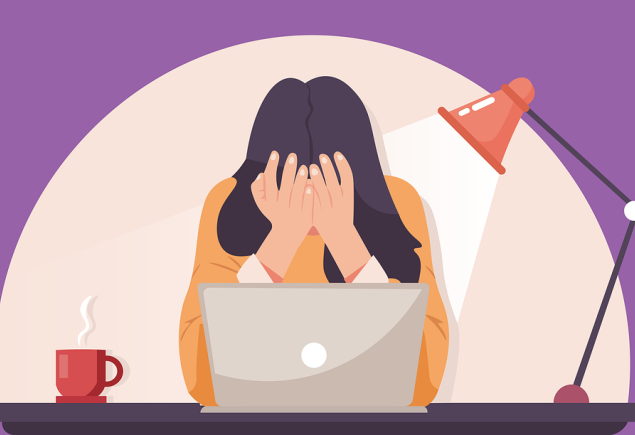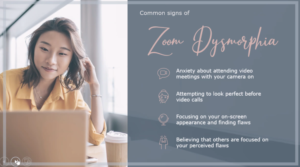Providers Need to Say ‘No’ to Zoom Dysmorphia
A disturbing trend, created by insecurities about self-image and fueled by the pandemic, has providers in medical aesthetics facing growing demand for unnecessary treatments. Education and training are first steps in dealing with an ethical dilemma.
In this age of Zoom, people have become more conscious of their appearance, with some obsessively fixated on what they perceive as flaws. Things like sagging skin, crow’s feet, thin lips, lines on the forehead and so on. This anxiety about self-image was exacerbated by the pandemic and more time on Zoom for work and social contact.
The result was anxiety and stress about returning to in-person activities, and a rise in the number of people suffering from mental health problems. A U.S. dermatologist and Harvard professor named Shadi Kourosh noticed another worrying trend. There was a marked increase in appointment requests for cosmetic surgeries and medical aesthetics. Everything from face lifts and nose jobs to Botox and fillers was suddenly in demand.

